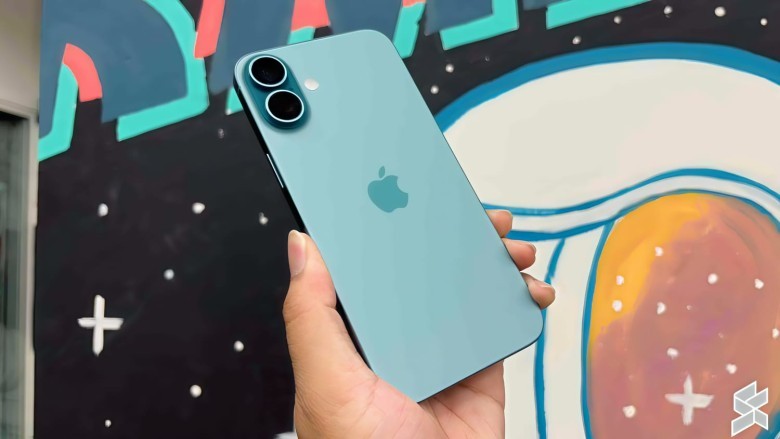
Indonesia has banned the sale and operation of Apple's iPhone 16, rendering it illegal in the country. This decision was announced by Industry Minister Agus Gumiwang Kartasasmita, who advised consumers against purchasing the iPhone 16 from abroad. He warned that using the device in Indonesia violates local laws, particularly the requirement for International Mobile Equipment Identity (IMEI) certification, which is essential for any smartphone to operate legally in the country. Without this certification, the device cannot connect to local telecommunications networks.
The ban primarily stems from Apple's failure to meet its investment commitments to the Indonesian government. Apple had pledged to invest 1.71 trillion rupiah (approximately 919 crore) in local operations but has only invested 1.48 trillion rupiah (around 795 crore), leaving a shortfall of 230 billion rupiah (approximately 123.6 crore). Until these investment obligations are fulfilled, Minister Kartasasmita stated, the iPhone 16 will not receive operating authorization.
Additionally, the TKDN (Domestic Component Level) certification for the iPhone 16 mandates that at least 40% of its components be sourced from local suppliers. This requirement is crucial for selling electronic goods in Indonesia and aligns with Apple's plans to establish two research and development centers, referred to as Apple Academies, to support local talent and technology.
Despite ongoing negotiations between Apple and the Indonesian government, including discussions during CEO Tim Cook's visit to Jakarta earlier this year, the iPhone 16 and other new products, such as the iPhone 16 Pro lineup and Apple Watch Series 10, remain unavailable in Indonesia. A spokesperson for the Ministry of Industry confirmed that the application for TKDN certification for the iPhone 16 is currently under review and will only be approved once Apple fulfills its investment commitments.
The ban on the iPhone 16 highlights the expectation that international companies must invest locally and comply with regulations to conduct business in Indonesia. Until Apple resolves its outstanding obligations, Indonesians should be prepared for potential delays before the iPhone 16 can be legalized.











